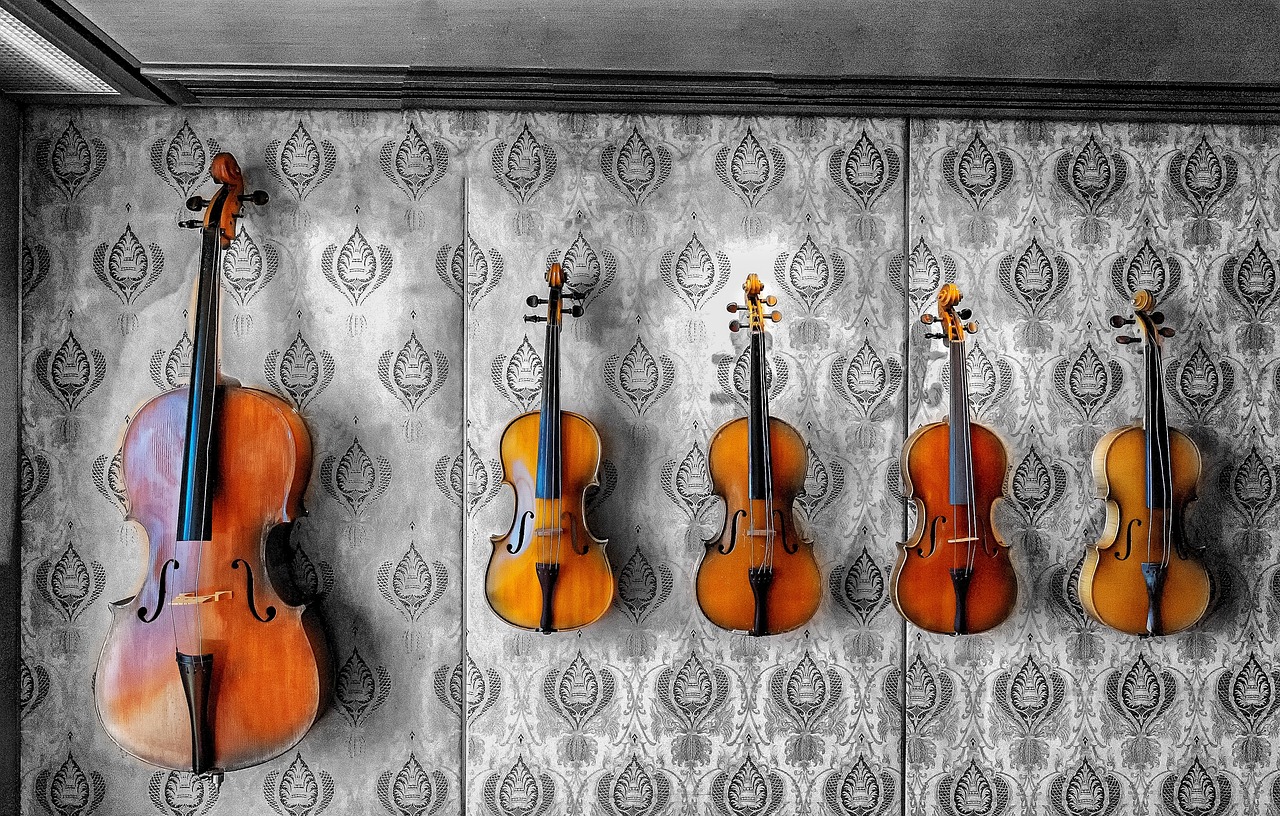How Pop Culture Reflects Social and Political Trends
Pop culture plays a significant role in shaping society and reflecting the values, beliefs, and trends of the time. From music and movies to fashion and social media, pop culture influences how we view the world and ourselves. It also serves as a mirror for the social and political landscape of the era, capturing the zeitgeist and providing a lens through which we can analyze and understand societal changes.
Pop Culture as a Reflection of Society
One of the key ways in which pop culture reflects social trends is through its portrayal of diverse characters and stories. In recent years, there has been a significant push for more representation and inclusivity in pop culture, with a focus on telling the stories of underrepresented groups such as women, people of color, and the LGBTQ+ community. This shift reflects a broader societal move towards embracing diversity and challenging traditional norms and stereotypes.
Additionally, pop culture often addresses pressing social issues such as racism, sexism, and class inequality. Through music, movies, and television shows, artists and creators have the power to shine a light on these important topics and spark conversations that can lead to real change. For example, the #MeToo movement was amplified and encouraged by the actions of influential figures in pop culture, leading to a global reckoning with sexual harassment and abuse in various industries.
Pop Culture as a Reflection of Politics
Pop culture also serves as a reflection of political trends, with artists and creators using their platforms to comment on and critique the state of the world. Political satire, for example, has been a longstanding tradition in pop culture, with shows like “Saturday Night Live” and “The Daily Show” using humor to skewer politicians and highlight the absurdities of the political landscape.
Moreover, pop culture can be a powerful tool for political activism and social change. Musicians like Bob Dylan and Public Enemy have used their music to speak out against injustice and call for political action, while films like “Selma” and “Blackkklansman” have shed light on the struggles faced by marginalized communities and their fight for equality.
Case Studies in Pop Culture Reflecting Social and Political Trends
1. Beyonc駳 “Lemonade”
In 2016, Beyonc頲eleased her visual album “Lemonade,” which was hailed as a powerful commentary on black womanhood, infidelity, and forgiveness. The album’s themes of empowerment and resilience resonated with audiences and sparked important conversations about race, gender, and identity.
2. “Black Panther”
The 2018 film “Black Panther” was a cultural phenomenon, celebrating African culture and showcasing a predominantly black cast. The movie’s success highlighted the demand for more diverse and inclusive representation in Hollywood, while also addressing themes of colonization, power, and identity.
Conclusion
Pop culture is a dynamic and ever-changing force that reflects the social and political trends of the time. By analyzing the stories, characters, and themes present in popular music, movies, and television shows, we can gain valuable insights into the values and beliefs of society. As we continue to engage with and critique pop culture, we have the power to shape and influence the world around us, using our voices and platforms to drive positive change and create a more inclusive and equitable society.
FAQs
Q: How does pop culture influence social and political change?
A: Pop culture has the power to influence social and political change by raising awareness, challenging norms, and inspiring action. Through music, movies, and television shows, artists and creators can shine a light on important issues and spark conversations that lead to real change.
Q: Why is representation important in pop culture?
A: Representation in pop culture is important because it allows for diverse stories and perspectives to be shared and celebrated. When marginalized groups see themselves reflected in popular media, it can empower them and help to challenge stereotypes and biases.
Q: How can individuals engage with pop culture in a meaningful way?
A: Individuals can engage with pop culture in a meaningful way by critically analyzing the media they consume, supporting diverse creators and voices, and using their own platforms to advocate for positive change. By staying informed and actively participating in cultural discussions, we can help shape a more inclusive and progressive society.






